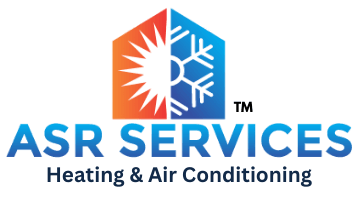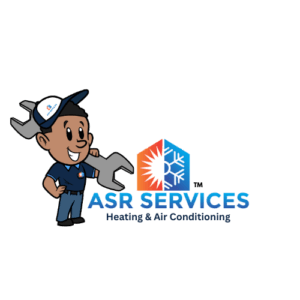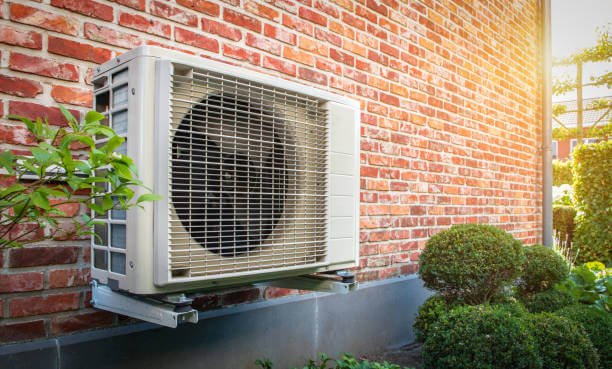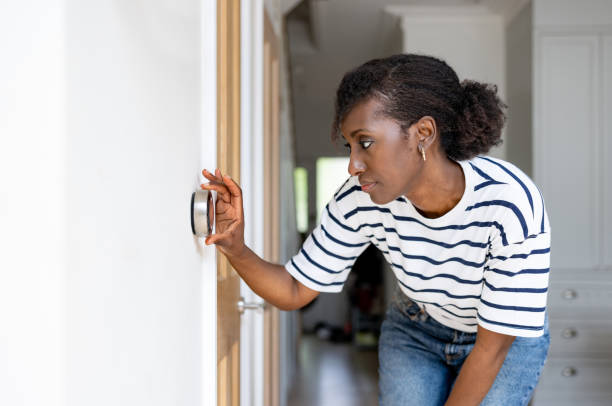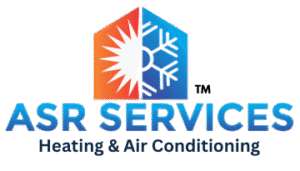Your HVAC system works hard year-round to keep your home comfortable, but it won’t last forever. Over time, wear and tear, rising energy costs, and outdated technology can signal that it’s time for a replacement.
Knowing when to replace your HVAC system can save you money, improve your home’s energy efficiency, and provide greater comfort. In this article, we’ll discuss the key signs of a failing HVAC system and how replacing it with a modern, energy-efficient unit can benefit you.
1. Your HVAC System Is Over 10–15 Years Old
The lifespan of most HVAC systems ranges from 10 to 15 years. If your system is approaching or exceeding this age, it may be time to consider an upgrade.
- Why Age Matters: Older systems are less efficient and often require frequent repairs.
- Energy-Efficient Upgrades: Modern HVAC systems feature advanced technology that reduces energy consumption.
2. Rising Energy Bills:
If your energy bills are consistently climbing, it’s a sign that your HVAC system is no longer running efficiently.
- Why It Happens: Over time, worn components and outdated technology force the system to work harder, consuming more energy.
- How a Replacement Helps: New HVAC systems with high SEER ratings can significantly lower your monthly utility bills.
3. Uneven Temperatures Throughout Your Home
Do you notice some rooms are too hot while others feel cold? This inconsistency indicates your HVAC system may not be distributing air effectively.
- Potential Issues: A failing blower motor, leaky ductwork, or an undersized system.
- Benefits of a Replacement: Newer systems offer better airflow, zoning options, and more consistent temperature control.
4. Frequent Repairs Are Adding Up
If you’re calling a technician regularly to fix your HVAC system, the repair costs can quickly exceed the cost of a new unit.
- When to Replace: Experts recommend replacing the system if repair costs equal more than 50% of the price of a replacement.
- Avoiding Future Costs: Modern systems are more reliable, reducing the need for frequent repairs.
5. Your HVAC System Can’t Keep Up with Your Comfort Needs
An HVAC system that struggles to maintain your desired temperature or cycles on and off frequently (short cycling) is a sign it’s reaching the end of its lifespan.
- Why This Happens: A failing compressor or outdated components can’t handle demand.
- Upgrade Benefits: Replacing your system ensures comfort and energy efficiency, even on Florida’s hottest days.
6. Poor Indoor Air Quality
Your HVAC system plays a crucial role in maintaining indoor air quality. If you notice dust, allergens, or musty odors in your home, your system might be the culprit.
- Signs of Poor Air Quality: Increased allergy symptoms, excess dust, or mold growth.
- Solutions: Modern systems include advanced filtration and humidity control to keep your home’s air clean and comfortable.
7. Your System Uses Outdated Refrigerant
Older HVAC systems may rely on R-22 refrigerant, which is no longer produced due to environmental concerns.
- Why It’s an Issue: R-22 is expensive and difficult to source, making repairs costly.
- Upgrade Advantage: New systems use eco-friendly refrigerants like R-410A, improving efficiency and reducing environmental impact.
8. Unusual Noises or Smells
Grinding, banging, or squealing noises and unusual odors are signs your HVAC system might be failing.
- Possible Issues:
- Grinding: Motor problems.
- Banging: Loose or broken parts.
- Burning Smell: Electrical issues or overheating components.
- Next Steps: Ignoring these signs can lead to total system failure, so it’s best to schedule an inspection.
Benefits of Replacing Your HVAC System
Investing in a replacement HVAC system offers many advantages, including:
- Lower Energy Bills: New systems are designed to use less energy while maintaining optimal comfort.
- Improved Comfort: Modern systems provide consistent temperatures and better airflow.
- Healthier Air: Advanced filters and humidity control improve indoor air quality.
- Peace of Mind: Fewer breakdowns and reduced repair costs over time.
Frequently Asked Questions
Q: What is the average cost of replacing an HVAC system?
A: Costs vary depending on the size of your home and the type of system, but most replacements range from $5,000 to $12,000.
Q: How long does an HVAC system replacement take?
A: Typically, it takes one to two days to install a new system.
Q: What are the benefits of a high-SEER HVAC system?
A: High-SEER systems are more energy-efficient, reducing your utility bills and environmental impact.
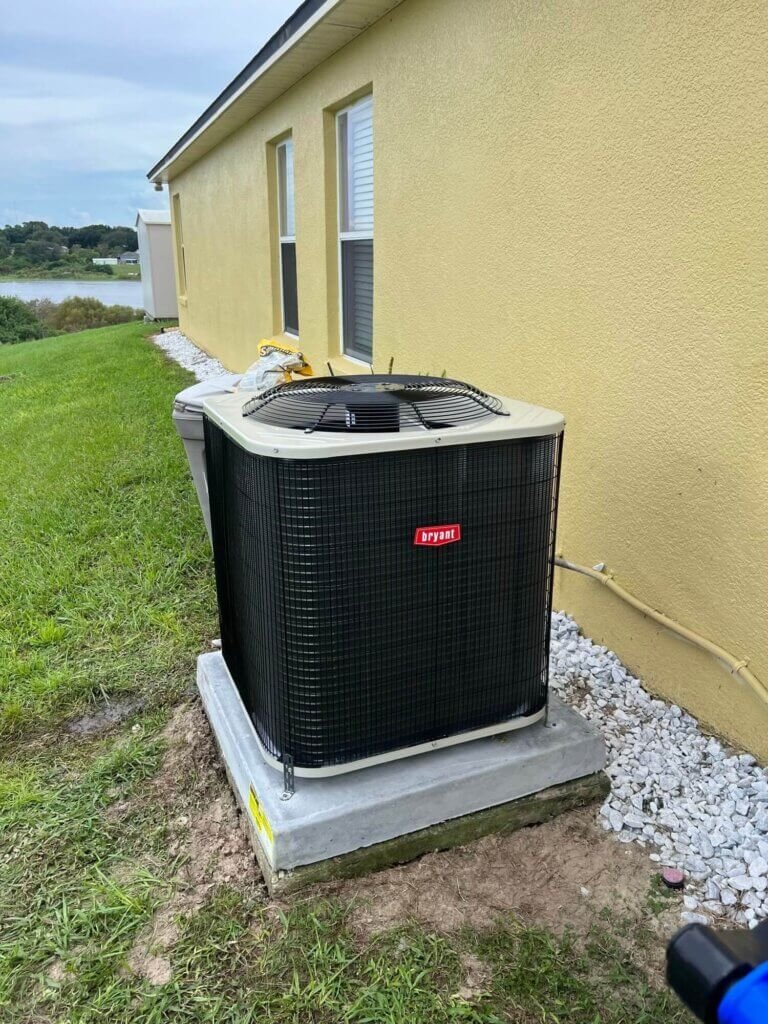
When to Call ASR Services
Replacing your HVAC system is a significant investment, but it’s one that pays off in comfort, savings, and peace of mind. If you’re unsure whether to repair or replace your system, our team can help.
At ASR Services – Heating & Air Conditioning, we specialize in HVAC replacement services in Orlando and Central Florida. Our experts will assess your current system and recommend the best solution for your needs and budget.
